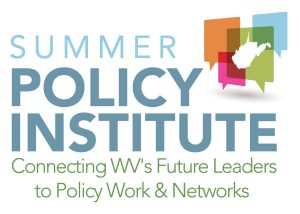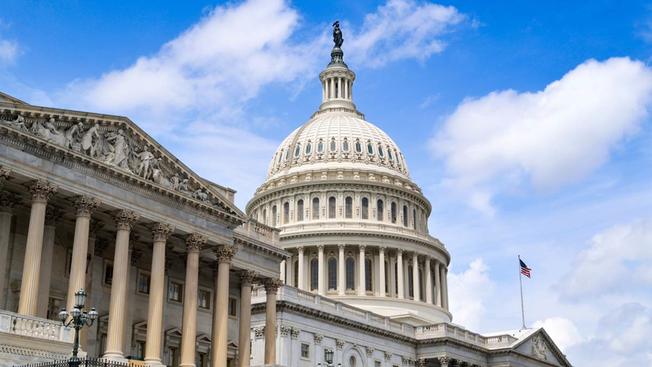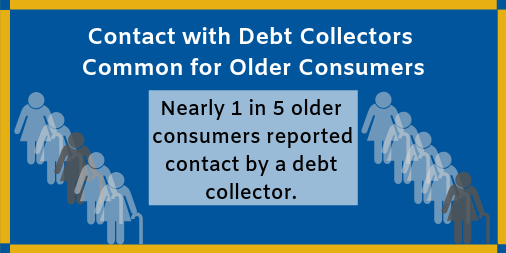At our 4th annual Summer Policy Institute this weekend at West Virginia State University, students will focus on criminal justice reform and developing policy recommendations to reduce incarceration rates and develop alternatives to incarceration.
Check out these two events live on Facebook on Saturday, July 27:
9:00 – 10:15AM Panel: We Can Get There From Here ~ Ending Mass Incarceration in West Virginia.
4:00 – 5:00PM Structural Racism and Tax Policy: presented by Keynote Michael Mitchell with the Center on Budget and Policy Priorities (CBPP) in Washington, DC (our national affiliate). Michael is a Senior Policy Analyst and Program Director of the CBPP’s State Policy Fellowship Program.
Tune in!

Just before 7:00pm on Tuesday, the West Virginia House of Delegates adjourned Sine Die effectively concluding the special session on “education betterment.”
What has dominated West Virginia politics for the last 18 months ended with little fanfare as lawmakers quickly passed a road bond initiative and corporate tax breaks for a coal-fired power plant in Pleasants County.
HB 207 exempts “merchant power plants” from the state’s business and occupation tax. The Pleasants Power station in Pleasants County would be the only power plant in the state affected by the bill. The bailout will cost $12 million a year in lost revenue or over $78,000 per job. Read more in Sean’s blog post.
The WVCBP was proud to stand up for public education and push back on harmful proposals like Education Savings Accounts and Scholarship Tax Credits, neither of which passed the legislature this year. Please take a minute to revisit our wrap up from regular session and don’t get too comfortable. We are less than six months away from the start of the 2020 legislature, and there is more important work to be done.

Earlier this week the Trump Administration proposed changes in a key SNAP (food stamps) rule which, if implemented, would take away basic food assistance from an estimated 3.1 million people, mainly working families with children, seniors, and individuals with disabilities. The proposed rule would make it harder for struggling people to make ends meet. It comes in the aftermath of the President’s 2017 tax law, which conferred large new benefits on the highest-income households. The rule would also sidestep Congress, which rejected a similar harmful proposal when it enacted the 2018 Farm Bill.
Comment in opposition to this proposed rule today. Comments are due by September 23.

A new Trump administration proposal would change the civil rights rules dictating whether providers must care for patients who are transgender or have had an abortion. Fundamentally, the proposed rule would overturn a previous rule that forbids health care providers who receive federal funding from discriminating against patients on the basis of their gender identity or whether they have terminated a pregnancy.
The proposal would eliminate those protections, enabling providers to deny these groups care or insurance coverage without having to pay a fine or suffer other federal consequences.
That may mean refusing a transgender patient mental health care or gender-confirming surgery. But it may also mean denying patients care that has nothing to do with gender identity, such as a regular office visit for a bad cold or ongoing treatment for chronic conditions like diabetes. Erasing these protections from discrimination on the basis of gender identity is not only discriminatory but against the public health and the mission of HHS.
Read more. Submit your comment to oppose this rule (due August 13).

The Consumer Financial Protection Bureau (CFPB) has proposed a rule that allows consumers to be subject to a new level of harassment by debt collectors. Once again, the current CFPB is siding with abusive debt collectors instead of protecting consumers.
Let your voice be heard! Submit a comment to the CFPB and tell them to promote fair debt collection practices and protect consumers from abuse. Comments are due by August 19.
